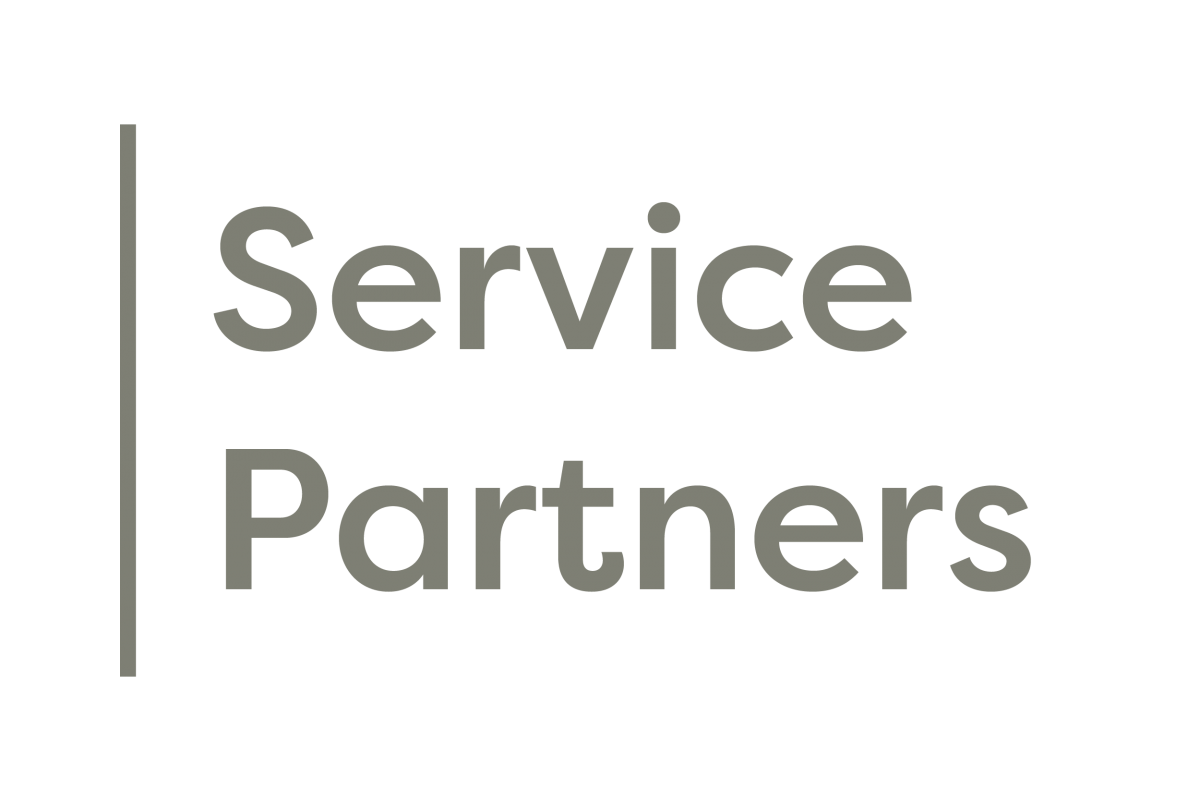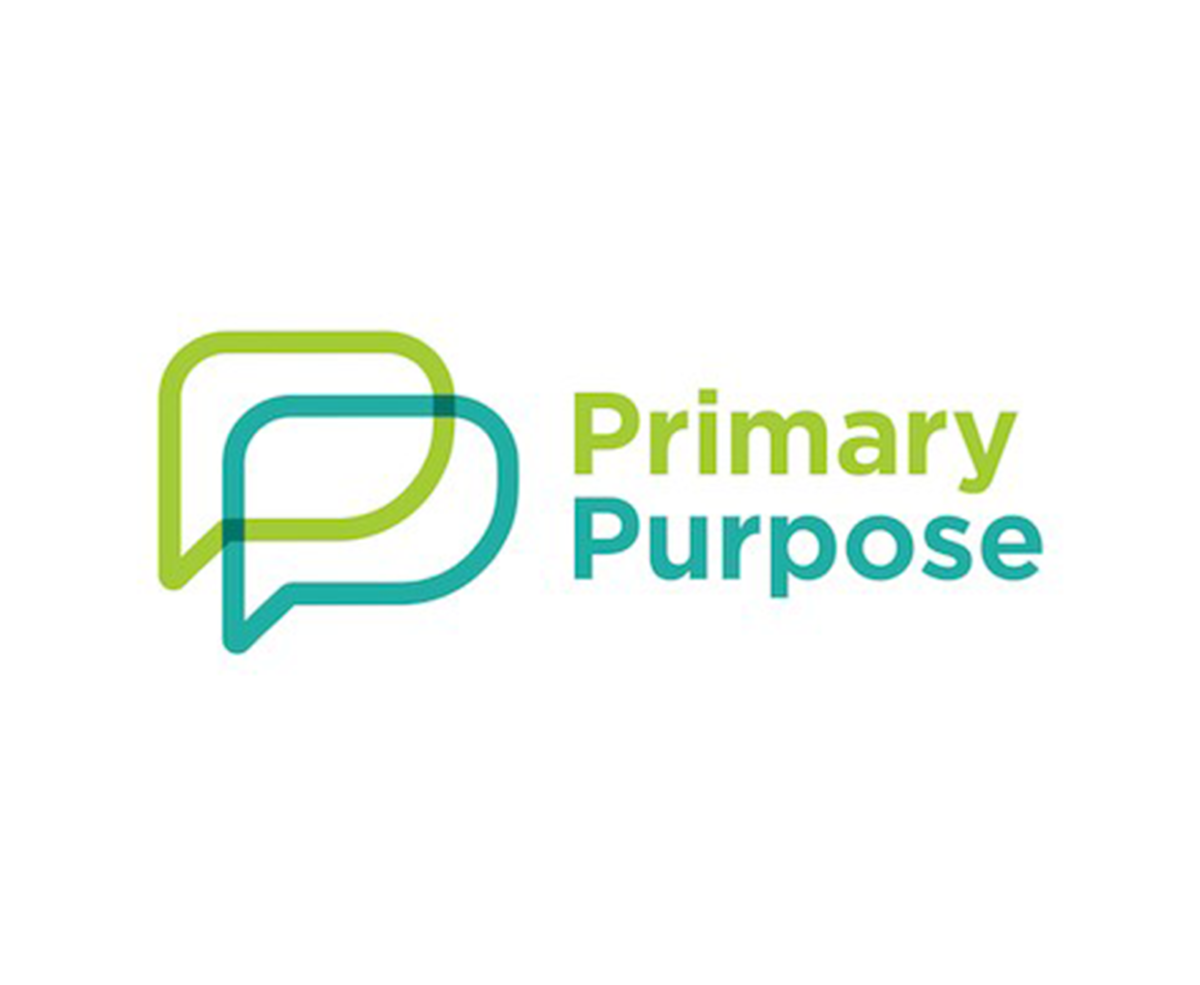Executive Summary
Farming practices in New Zealand will need to change in order to comply with nutrient management regulation. This regulation is broadly described in the National Policy Statement for Freshwater Management (2014). It is then addressed more specifically at the community level through Regional Council and stakeholder engagement.
There are almost two thousand farms throughout the country that produce deer (deer farms), either exclusively or as part of a mixed farming system. They will be exposed to nutrient regulation but the exact timing and extent of regulation are unknown. What is also unknown is the impact on productivity that this regulation will have. If significant, levels of production achieved by the Deer Industry may be reduced. Deer Industry New Zealand (DINZ) is the industry body responsible for promoting and assisting the development of the New Zealand deer industry. They support environmentally sustainable farming systems and seek to understand ways in which deer farmers can achieve them efficiently and effectively. They recognise that Land Environment Plans (LEP) that describe the sustainability initiatives on the property will be essential for all deer farms in the future.
This project has several aims; one is to understand the water quality issue in its broadest context, a second is to examine the location of deer farmers across New Zealand and prioritise them by their deadline for having an LEP in place. A third aim is to interview deer farmers who have been through the LEP process and communicate to other deer farmers the lessons they learned in that process. The final aim is to comment on the broad issue from the perspective of deer farming.
![]() Nutrient management regulation and New Zealand deer farming – Solis Norton
Nutrient management regulation and New Zealand deer farming – Solis Norton


























